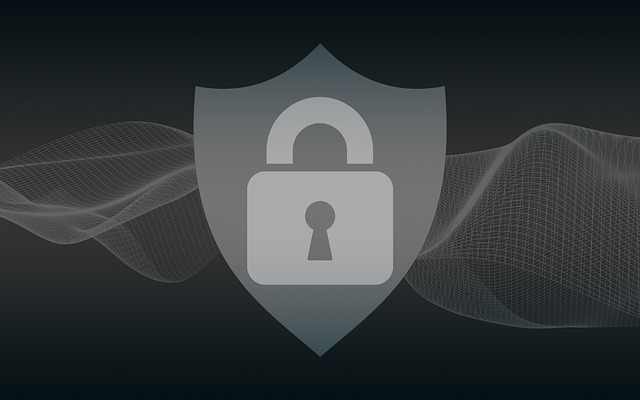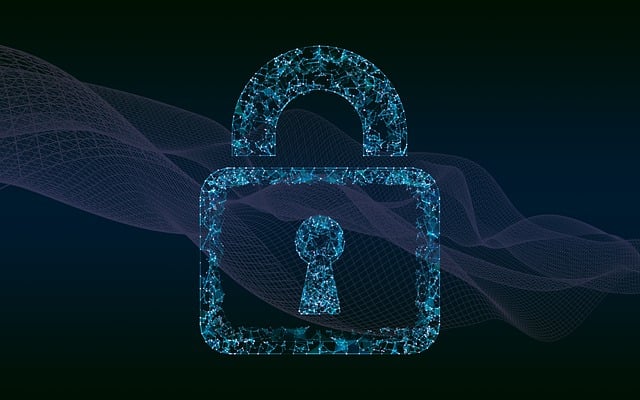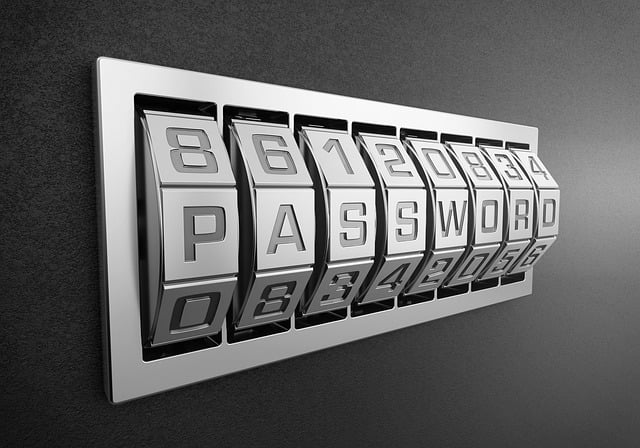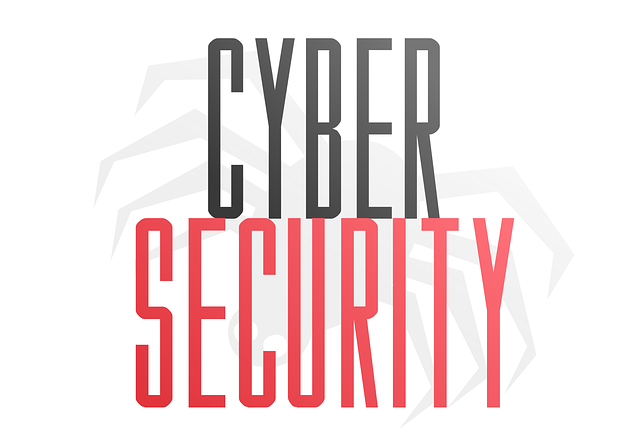In the digital era, accountants and CPA firms face heightened cyber risks due to sensitive client financial data. Strong data security measures are crucial to maintain client trust and comply with regulations like GDPR or CCPA. This includes robust IT policies, diverse access controls (e.g., MFA, RBAC), regular cybersecurity audits, encryption, phishing protection, and VPN use for remote work. Training employees on cybersecurity awareness is key to cultivating a culture of proactive data security practices, minimizing the risk of breaches.
“In the digital age, accounting and CPA firms face unique cybersecurity challenges. With vast amounts of sensitive financial data at risk, implementing robust data security measures is paramount. This article explores tailored cybersecurity solutions for these professionals. From understanding specific threats to best practices like access controls, encryption, regular audits, and employee training, we uncover essential strategies for protecting client information. Discover how accounting firms can enhance their data security posture and safeguard against evolving cyber risks.”
- Understanding the Unique Cybersecurity Challenges for Accountants
- Data Security Best Practices for Accounting Firms
- Implementing Strong Access Controls and Authentication Measures
- Protecting Sensitive Client Information with Encryption
- Regular Security Audits and Vulnerability Assessments
- Training Employees: Building a Culture of Cybersecurity Awareness
Understanding the Unique Cybersecurity Challenges for Accountants

Accountants and CPA firms deal with sensitive financial data, making them attractive targets for cybercriminals. The unique nature of their work poses several cybersecurity challenges that require tailored solutions. One significant issue is the handling of vast amounts of client information, including tax records, financial statements, and personal details. This data security for accountants is paramount to maintaining client trust and ensuring compliance with privacy regulations like GDPR or CCPA.
Moreover, with the increasing adoption of remote work arrangements, accounting firms face additional risks related to remote access security. Employees accessing company systems from diverse locations and devices introduce potential vulnerabilities that must be addressed through robust IT policy implementation. Regular cybersecurity audits are essential to identify and mitigate these risks, ensuring that accounting practices remain secure in today’s digital landscape.
Data Security Best Practices for Accounting Firms

Data security is a critical aspect that accounting firms cannot afford to overlook, especially with the increasing sophistication of cyber threats. For CPAs, implementing robust data security best practices is essential to safeguard sensitive financial information and maintain client trust. This includes regularly updating antivirus software and firewalls for CPAs to protect against malware and unauthorized access attempts.
Regular cybersecurity audits should be conducted to identify vulnerabilities and ensure compliance with industry standards. By encrypting data both at rest and in transit, accounting firms can prevent unauthorized access, even if their systems are compromised. Additionally, educating employees about phishing scams and social engineering tactics is vital as human error remains a significant risk factor for data breaches.
Implementing Strong Access Controls and Authentication Measures

In the realm of accounting and CPA firms, where sensitive financial data is a precious commodity, implementing robust access controls and authentication measures is paramount for ensuring effective data security for accountants. This involves going beyond basic passwords and incorporating multi-factor authentication (MFA) to verify the identity of users. By integrating biometric technologies or one-time passcodes with login procedures, firms can significantly reduce unauthorized access risks. Additionally, role-based access control (RBAC) ensures that employees only have permissions relevant to their roles, minimizing potential vulnerabilities.
Regularly updating and strengthening these controls is crucial. Firms should establish a comprehensive IT policy implementation that outlines clear guidelines for accessing and handling data. This includes enforcing strong password policies, disabling remote access during non-business hours, and regularly conducting cybersecurity audits to identify and patch any security gaps. Such proactive measures create a robust defense against cyber threats, safeguarding not just the data but also the reputation of accounting firms in today’s digital landscape.
Protecting Sensitive Client Information with Encryption

Accounting and CPA firms deal with vast amounts of sensitive client information on a daily basis, making strong data security for accountants paramount. Encryption is a powerful tool in this regard, acting as a robust defense against unauthorized access to financial records and confidential data. By transforming data into an unreadable format, encryption ensures that even if there’s a breach, the stolen information remains unusable without the decryption key.
This layer of protection goes beyond simply preventing data breaches; it builds trust with clients and safeguards the reputation of the firm. With effective encryption in place, CPA data security is significantly enhanced, deterring cybercriminals from targeting sensitive financial information and ensuring client confidentiality. Additionally, regular cybersecurity audits can further strengthen these defenses, identifying vulnerabilities and implementing targeted solutions for a comprehensive approach to protection.
Regular Security Audits and Vulnerability Assessments

Regular Security Audits and Vulnerability Assessments are essential components of a robust cybersecurity strategy tailored to accounting and CPA firms. By conducting frequent audits, firms can identify potential weaknesses in their data security for accountants infrastructure and take proactive measures to mitigate risks. These assessments help uncover vulnerabilities that may be exploited by cybercriminals targeting sensitive financial information.
Implementing phishing protection and utilizing VPNs for CPAs are additional layers of defense that significantly reduce the likelihood of an accounting data breach. Phishing protection helps prevent employees from falling victim to deceptive emails, while VPNs encrypt internet traffic, ensuring secure access to firm networks from any location. Regular updates and patches for all security systems further strengthen defenses against evolving cyber threats.
Training Employees: Building a Culture of Cybersecurity Awareness

In today’s digital era, cybersecurity threats are evolving rapidly, making it crucial for accounting and CPA firms to prioritize data security for accountants. Training employees is a fundamental step in building a robust culture of cybersecurity awareness. Firms should invest time and resources in educating staff about the potential risks and implications of data breaches, which can have severe consequences for both the business and its clients. Regular training sessions, workshops, and simulated phishing campaigns can help employees recognize and respond appropriately to suspicious activities or potential threats.
Encouraging a culture where cybersecurity is everyone’s responsibility fosters a proactive approach. Firms should implement clear IT policies and procedures that outline expectations, roles, and consequences related to data security. This includes establishing guidelines for strong password practices, multi-factor authentication, encryption of sensitive information, and the use of VPNs for CPAs accessing firm data remotely. By integrating these practices into daily operations, accounting professionals can significantly reduce the risk of an accounting data breach.
